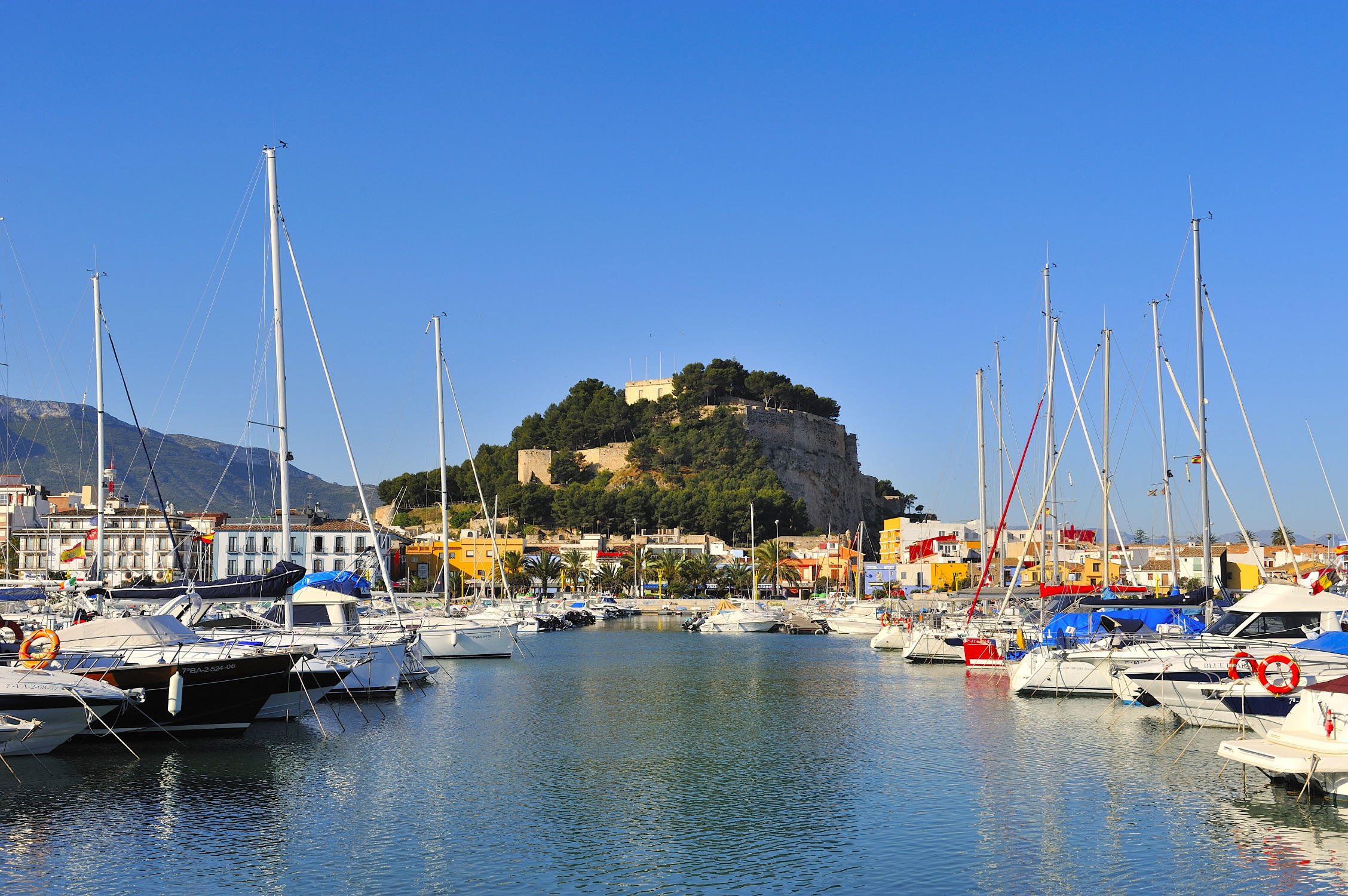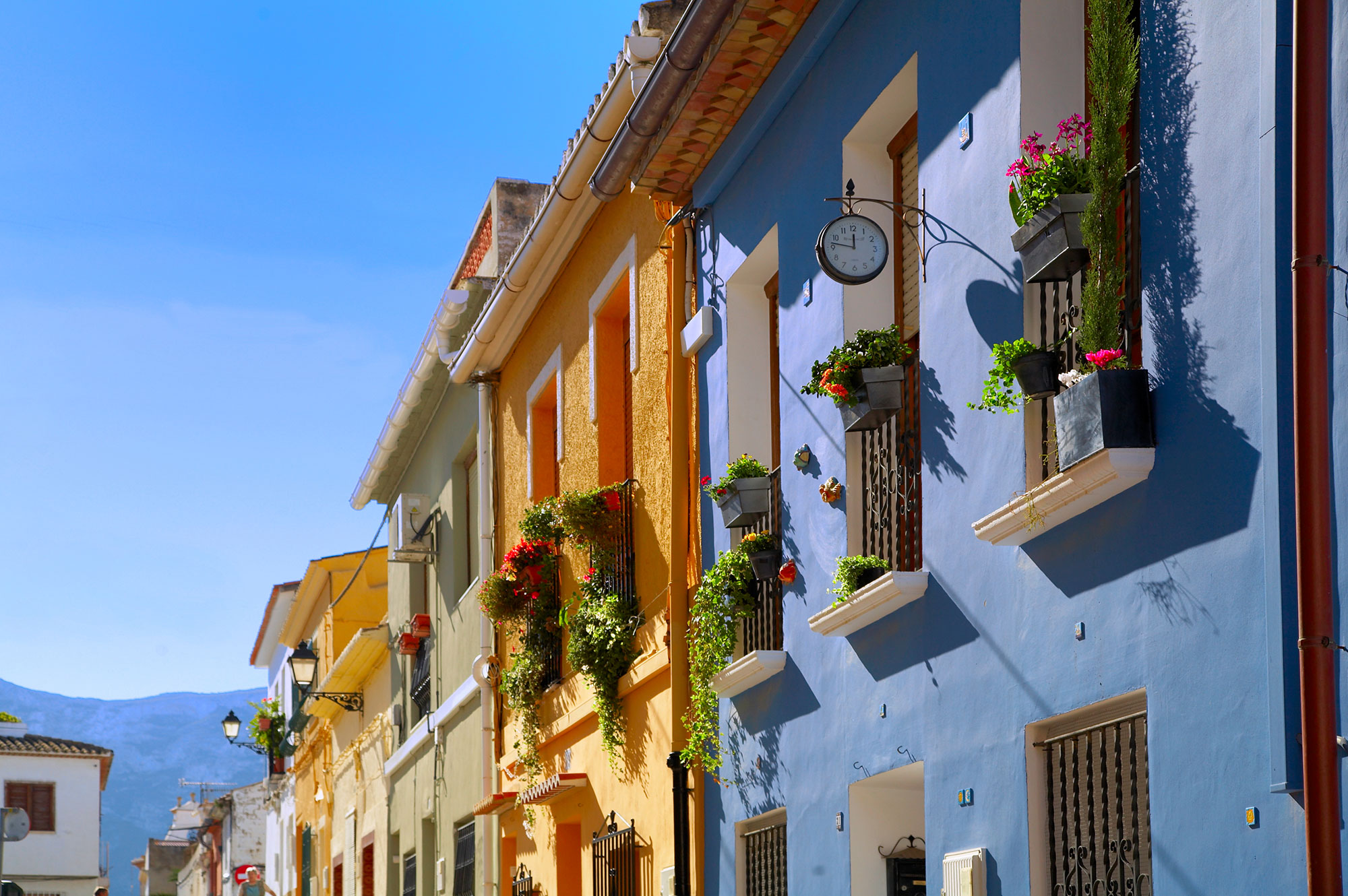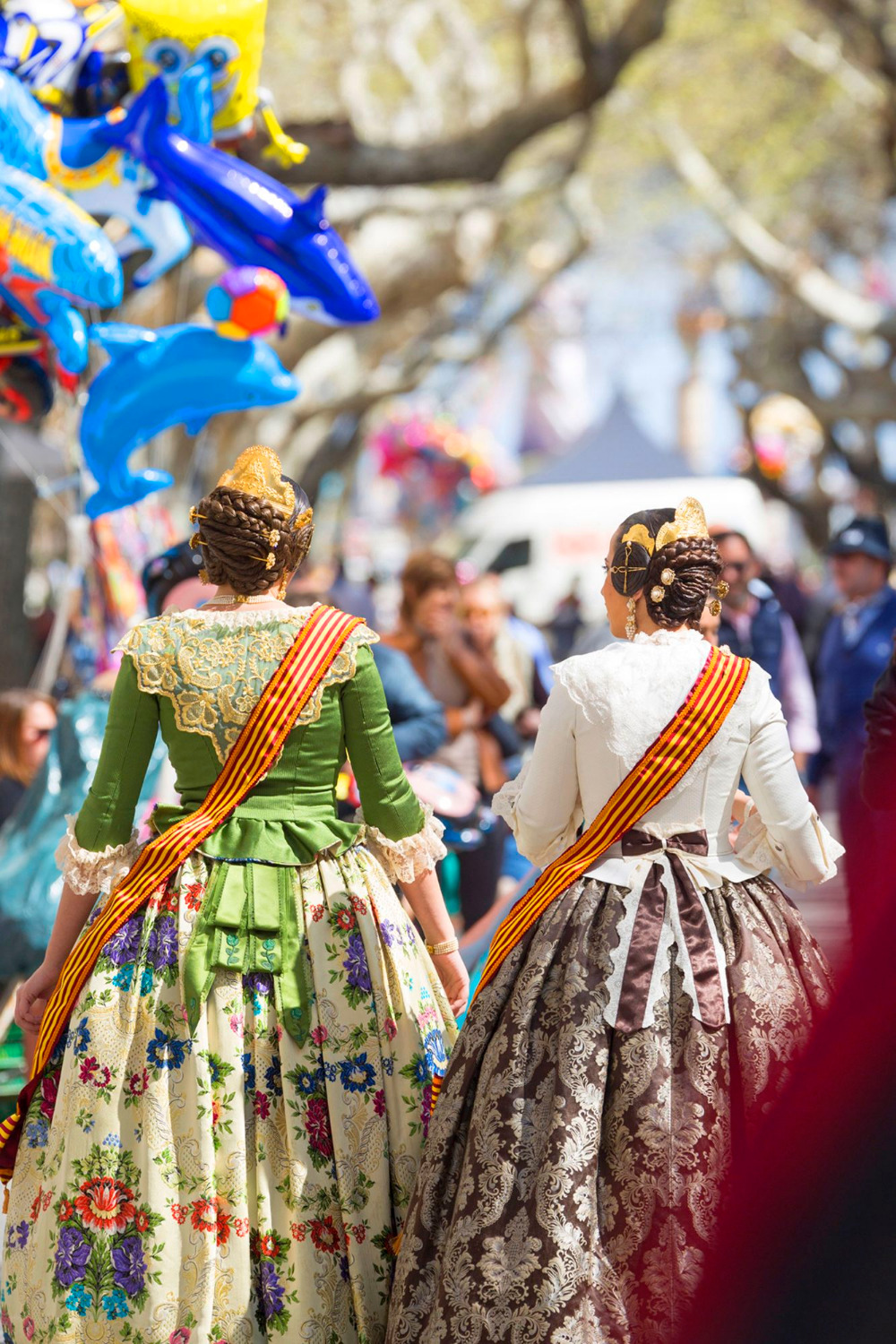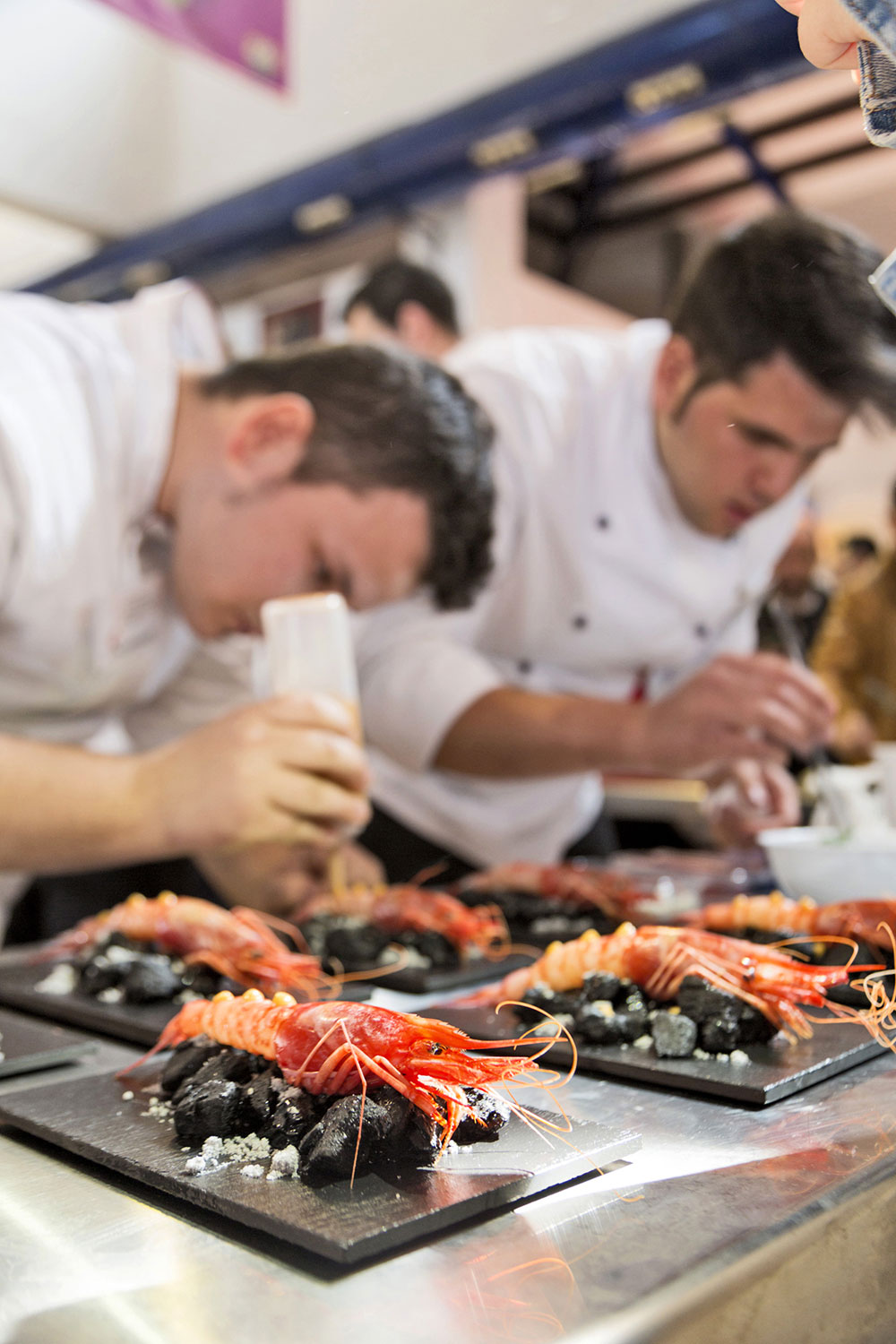Dénia. Cultural capital of the Mediterranean

The city of Dénia preserves the legacy of its ancient history, the cradle of people and cultures for more than 2,000 years. Iberians, Phoenicians, Greeks, Romans, Visigoths, Muslims and Christians inhabited these lands and left their mark, in addition to a great historical, monumental, cultural and gastronomic heritage.
In addition of the historical commercial importance of Dénia linked to its port, located in a privileged enclave of the Mediterranean, this city has also had great cultural relevance in the Mediterranean throughout the history. Especially at the beginning of the 11th century, after the fall of the Cordoba caliphate and the dismemberment of Al-Andalus into taifas, when the emir Mujahid founded the taifa of Daniya in 1010 and, in addition to extending it beyond the seas, coming to dominate the Balearic Islands and the island of Sardinia, also elevated Daniya to its moments of greatest splendor and cultural brilliance.
During the seven decades that the independent taifa of Daniya lasted, this was a court that brought together scientists, doctors, writers, political leaders, officials, poets, theologians... A place of obligatory passage in the constant journey of wise men of the time throughout Al-Andalus.
As the capital of the Marina Alta region, today, Dénia continues to have important cultural activity. It has numerous cultural centers and exhibition and educational spaces. But Dénia longs for the cultural luster of its taifa of a thousand years ago and now aspires to reconquer that intellectual brilliance and recover its place as a beacon of culture and thought in the Mediterranean.
To once again become the cultural capital of the Mediterranean, Dénia has launched interesting initiatives, framed within its status as a UNESCO Creative City.



UNESCO Creative City
- Since December 2015, Dénia has been part of the UNESCO Creative Cities Network. A high international distinction that was created in 2004 to link cities with a distinctive creative tradition in different cultural fields such as music, literature, cinema or gastronomy, encouraging their socioeconomic development and strengthening the creation and improvement of access and participation. in culture life. Thus, this network favors the exchange of flavors, experiences, management skills and technologies, promoting the diversity of local cultural products and consolidating the cultural value of cities and their counties.
- Since its designation as Creative City of Gastronomy, Dénia has carried out numerous gastronomic and cultural initiatives, both local and international, under the project called Dénia & Marina Alta Tasting Life.
The appointment of Ciudad Creativa in 2015 marked the beginning of a project to transform Dénia and its aspirations for the future that goes beyond the promotion of the gastronomy of the region and the revaluation of local products and producers, to become a general strategy of cultural positioning and recovery of the historical and cultural tradition of the city. - The ambitious objective is none other than to turn Dénia into a cultured and intellectual university city, which is a meeting place for knowledge and thought for social and territorial development. In this context of turning Dénia into a university city and a benchmark for thought in the Mediterranean, Dénia Festival de les Humanitats was born. A cultural and social event of international relevance, which will mark a before and after in the image and prestige of Dénia, to restore its status as a benchmark for thought, reflection and the humanities in the Mediterranean
Dénia, Ciutat del Pensament
Was born, a project that aims to recover the cultural tradition of Dénia as a humanistic reference, inspired by its history during the Mujahid taifa in the 11th century. It also aims to promote creativity and collaboration between local actors, such as academia, civil society and the business sector, through various activities. Finally, it seeks to establish Dénia as a setting for events of reflection and thought of national and international relevance, promoting dialogue between science, technology and humanities.